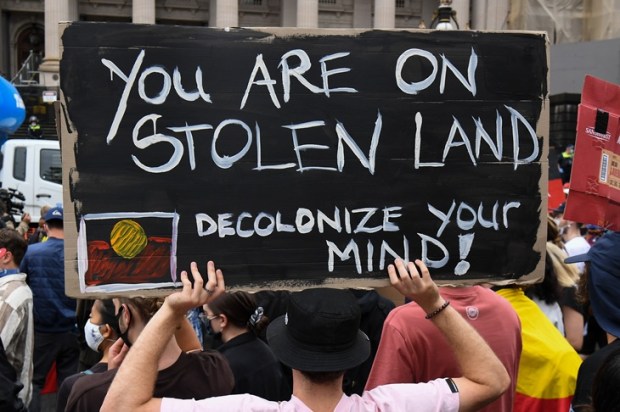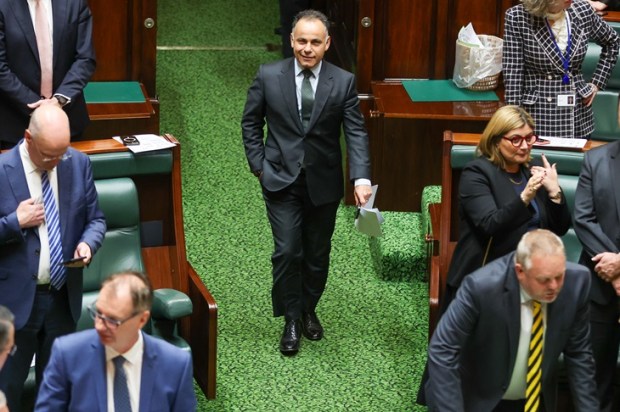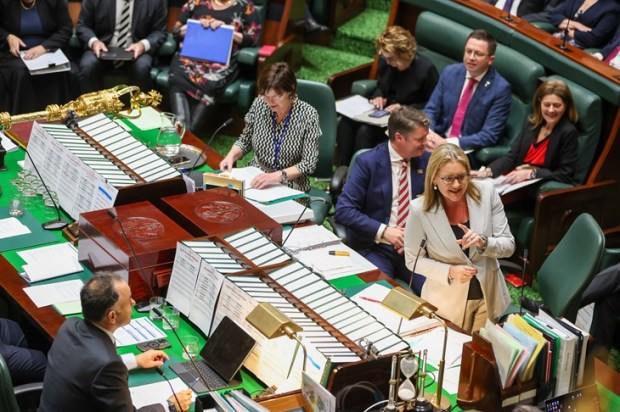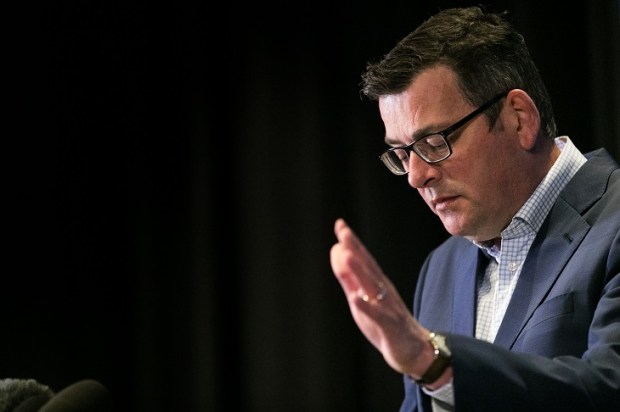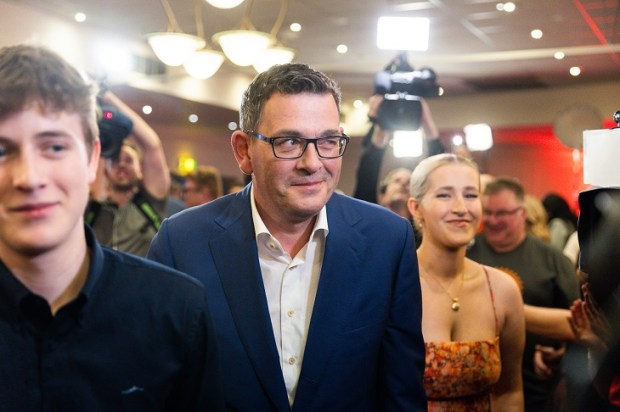In the autumn of 1975, the then Governor-General, Sir John Kerr, put a proposal to Prime Minister Gough Whitlam for an additional senior member of staff at Yarralumla. The job was to provide independent policy advice to the Governor-General.
I am aware of this little-known fact because I discussed it at length with Kerr in January/February 1975.
We spent several weeks together travelling on an official visit to Nepal (for the King’s coronation), India (as a guest of Mrs Gandhi), Pakistan (as President Bhutto’s guest), Afghanistan (as a guest of the Russian puppet President Daoud) and Iran (at the invitation of the Shah). My role was as an adviser from the Department of Foreign Affairs.
Over time, Kerr and I spent hours every day discussing what he should expect at formal meetings with his hosts as well as debriefing afterwards. We also had conversations on a wide range of other topics as we got to know each other.
From those conversations emerged two clear points of view. First, Kerr told me he had not given up his role as Chief Justice of New South Wales to be merely a puppet.
Secondly, he did not like being asked to sign Acts of Parliament to bring them into law based on self-serving briefs from Ministers or their departments. He did not want to be part of a process that might end up with him signing bad policy into law.
Similarly, he believed other aspects of his role as Governor-General, such as swearing in Ministers, may not be in the best interests of the country for some unpredictable reason.
Archives in the Department of Prime Minister and Cabinet, and Yarralumla, will show that it took more than six months for Prime Minister Whitlam to agree to the establishment of this position and for it to be processed through the Department. However, the position was never filled.
Kerr had wanted me to be the first occupant, but I had already committed to a posting in East Berlin. From my point of view, it was uncertain that the role would ever be approved by Whitlam. It was also a job that had no career path.
I know the role was approved because of a conversation I had with Kerr lasting several hours in December 1975 at Yarralumla.
In recent days we have seen a weakness in the conventions which broadly define the relationship between a Prime Minister and Governors-General, and between Governors-General and the people who they serve.
The current Governor-General was trapped in those conventions because he saw his obligations correctly when he said his duty was to follow ‘normal process’ and act ‘on the advice of the government of the day’.
Is there a better description of where Governor-General David Hurley found himself than a shag on a rock?
Put simply, he has no formal access to advice independent of the government of the day. If the Kerr proposal had been implemented, there would have been a string of advisers to Governors-General over the last 47 years whose role was to give and obtain advice to help the office of Governor-General assess any unusual proposals from the Prime Minister’s Office.
In my view, it is remarkable that Whitlam approved Kerr’s idea. It had the very real risk that a Governor-General could feel emboldened by his ‘independent’ advice to set up an alternative source of opinion to contest the democratically elected government of the day.
After the events of November 1975, it is unsurprising that the position created by Whitlam has never been filled.
The better course of action would be to give Yarralumla the right to consult the Attorney-General’s Department, or the Solicitor General, on a confidential basis.
But this doesn’t solve the dilemma of what might a Governor-General actually do if he challenged an instruction from the Prime Minister. Kerr knew Whitlam would have sacked him if Whitlam realised he was about to be dismissed.
I always felt from my conversation with Kerr in December 1975 that his background as a senior judge was crucial to his taking the action he did against Whitlam.
Unlike Vice-regal appointees with military backgrounds (as is the case of David Hurley) who are trained to do what they are told, a judge is trained to make a decision however difficult it might be to weigh up the evidence.
Governor-General Hurley had no choice but to implement the advice of Prime Minister Morrison. Furthermore, he had no way of knowing the circumstances which led to that advice or how it would be dealt with after the excess Ministerial appointments had been made.
It is hard to imagine how grateful he would have been to have had access to Kerr’s proposed independent adviser.
Roger Pescott is a former Australian Diplomat and a Minister in the Kennett government


